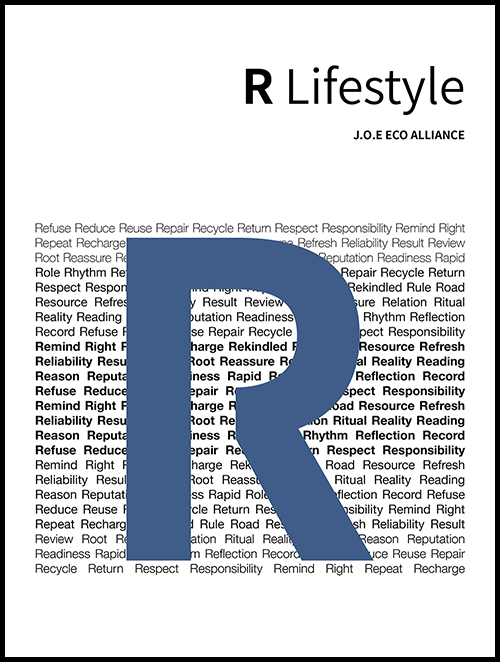政府将成立新的海岸及洪水防护基金,应对海平面上升对我国造成的影响。基金启动资金为50亿元,政府会在我国财政状况许可时再注入更多资源。
副总理兼财政部长王瑞杰昨天也作出以上宣布,表示新加坡须有决心来处理威胁生存的海平面上升问题。
他也引述李显龙总理去年在国庆群众大会上提到的,政府预计未来100年投入1000亿元来应对海平面上升所构成的威胁。
这是未来数年重大的财政支出,我们为此拨出资源是正确及慎重的。
副总理兼财政部长 – 王瑞杰
加强我国粮食供应韧性
昨天国会对公用事业(修正)法案进行一读时也提及海岸及洪水防护基金(Coastal and Flood Protection Fund),公用事业局可用基金作为海岸沿线地区和水沟系统的建设、修缮、扩建和购买设备等。这些都是我国应对气候变化导致海平面上升的措施。
王瑞杰说:“前人种树,后人乘凉……这是我们对子孙后代的承诺。”
另一方面,气候变化和地缘政治局势影响全球食物供应。为加强我国粮食供应的韧性,政府也将推行支持本地粮食策略,从目前进口逾九成食物,发展到2030年能满足国人三成营养需求。
但应对气候变化,不能只有政府参与。王瑞杰表示:“我们必须在社区营造求新求变的大环境。每个国人,无论是商业领袖、社区领袖还是个人,都能尽一己之力减少本身的碳足迹。”
例如,政府鼓励家庭购置低排放的节能家用电器,并将推出奖励,帮助低收入家庭抵消部分费用。在社区层面,政府也会推出新的绿色家园计划,重点关注减少能源消耗、循环再用雨水,以及给市镇降温。
长期研究我国气候政策的新加坡国立大学能源研究学院研究员刘砡杏受访时认为,预算案显示政府愈发重视如何应对气候变化,从针对大企业的碳税,逐步落实到个人层面。
她以鼓励低收入家庭购买节能电器为例说:“这是动员国人采取行动的好方法,让个人在打造我国宜居未来上发挥更积极作用。”
刘砡杏也期待政府能在接下来的预算案辩论中,更新我国长期减排目标策略。
A new coastal and flood protection fund, with an initial injection of $5 billion, will be set up to help protect Singapore against rising sea levels, Deputy Prime Minister Heng Swee Keat said yesterday.
The fund will be topped up subsequently “whenever our fiscal situation allows”, he said.
Noting that Prime Minister Lee Hsien Loong had last August said that $100 billion or more may be needed over 100 years to protect Singapore against rising sea levels caused by climate change, Mr Heng said: “This is a major fiscal outlay in the coming years – so it is right and prudent that we set aside resources for this.”
Singapore must have the resolve to deal with this existential threat of rising sea levels.
Just as our pioneers planted the trees for us to enjoy, we must protect our island for future generations to come.
Heng Swee Keat, Deputy Prime Minister
The authorities had earlier said Singapore will be considering a range of options, including engineering feats such as reclamation and building sea walls, as well as nature-based solutions, to protect its people, economy and infrastructure from the rising tides.
But rising sea levels caused by climate change are not the only threat. Erratic weather patterns caused by climate change, or geopolitical tensions, could also impact food supplies in the Republic, which imports more than 90 per cent of its food.
More details on Singapore’s “grow local” strategy will be given during the debate on the budget for the Ministry of the Environment and Water Resources, Mr Heng said.
But even as Singapore continues to look at ways to adapt to the changing climate by protecting its coast and boosting local food production, the Republic is also looking at how it can reduce its carbon footprint.
Singapore has, for example, implemented a carbon tax, and the country will also be finding ways to turn its carbon constraints into strengths, by turning waste into a resource that can be used in the production cycle, he said.
The National Environment Agency will soon begin testing out how Newsand – a construction material made from incineration ash – can be used in building roads along Tanah Merah Coast Road.
Mr Heng also said that by 2040, Singapore wants to phase out conventional vehicles that run on internal combustion engines in favour of those that run on cleaner energy sources instead.
To encourage homes to be eco-friendly, the Government will introduce incentives to help lower-income households with the cost of greener appliances, said Mr Heng.
Ms Melissa Low, an observer on climate change policy, noted that many of the policies in Mr Heng’s Budget speech – such as incentivising people to switch to electric vehicles or buy greener appliances – aimed to empower the individual to make greener choices.
This is a departure from other recent climate policies, such as the implementation of a carbon tax which targeted large emitters in the industrial sector, as well as national-level policies to tackle sea-level rise.
Ms Low, a research fellow at the National University of Singapore’s Energy Studies Institute, noted that this year is an important year for Singapore internationally, as it had committed to updating the pledge it made under the Paris Agreement five years ago.
She said: “We look forward to hearing more details about the outlined policies, as well as on Singapore’s long-term strategy to reduce its emissions, during the debates over the budgets of the various ministries.”
Source: Zaobao / The Straits Times








